The flurry of activity that accompanied the first days of the Department of Government Efficiency is long over. Money was cut, then waivers granted; workers were fired, then called back. Now, President Donald Trump has asked Congress to make permanent $9.4 billion of DOGE’s cuts.
Laid out in the 1974 Congressional Budget and Impoundment Control Act, the rescissions process allows the president to ask Congress to take back discretionary spending it previously appropriated. The House of Representatives passed the rescissions bill last week, and now Senate Majority Leader John Thune has a limited amount of time—until July 18—to pass it through his chamber. A bill under the rescissions process is not subject to the filibuster, but Congress must pass the bill within 45 days of receiving the package. And although this rescissions package is going through the public legislative process, some of the same lack of transparency that characterized DOGE’s cost-cutting work is apparent in the bill. What specific programs would be eliminated and how those cuts will impact some of the targeted agencies is far from clear.
A 24-page memo from the Office of Management and Budget lists an agency or funding source and the amount of funding the administration wants Congress to rescind from it. In some cases, the memo is straightforward. For example, a cut of $169 million to the Contributions to International Organizations account is meant to eliminate funding for United Nations agencies such as the World Health Organization and the U.N. Relief and Works Agency for Palestine Refugees in the Near East, or UNRWA. For other items, it is not so clear, especially those dealing with the U.S. Agency for International Development (USAID), a top DOGE target in the first days of the administration.
The package includes a $900 million rescission of funds to USAID’s global health programs, which include initiatives providing treatment for HIV and AIDS. Some senators are especially concerned about the cuts because they will likely affect the President’s Emergency Plan for AIDS Relief (PEPFAR), a program that enjoys bipartisan support because of its record of effectiveness in saving lives. Sen. Susan Collins of Maine, who chairs the Appropriations Committee that has jurisdiction over the rescissions package, has long voiced concerns about that issue. “I’ve made very clear that I do not like the cuts in the global health programs like PEPFAR,” she told reporters Tuesday.
Sen. Mike Rounds of South Dakota also expressed worry on that front. “PEPFAR is one that I have a concern about,” he told The Dispatch. “That’s one of the most appreciated and most impactful programs, and it’s one that I would hate to see us lose long term. I think it’s penny-wise and pound foolish.”
The White House’s memo for the rescissions says the proposed cuts “would eliminate only those programs that neither provide life-saving treatment nor support American interests.” On the chopping block instead are “programs that are antithetical to American interests and worsen the lives of women and children, like ‘family planning’ and ‘reproductive health,’ LGBTQI+ activities, and ‘equity’ programs.”
Asked for specifics about how some of the cuts would affect the various departments, an OMB spokesperson responded via email with a list of purported foreign aid initiatives, such as $1.2 million for the “Afrobarometer public opinion survey.” But the administration did not provide further documentation of the money allocated, and most examples did not list what contractor or organization was to perform them. For PEPFAR, the list of cuts included “$3 million for circumcision, vasectomies, and condoms in Zambia,” “$5.1 million to strengthen the ‘resilience of lesbian, gay, bisexual, trans gender, intersex, and queer global movements,’” and $833,000 for services for ‘transgender people, sex workers and their clients and sexual networks’ in Nepal.” The Dispatch was unable to independently verify the existence of these grants, and the spokesperson did not respond when asked for additional information.
The bill’s lead Senate sponsor, Sen. Eric Schmitt of Missouri, has said that there has been “a lot of misunderstanding” about the potential impacts on PEPFAR, but he did not elaborate. “We’re going to have a conversation next week as it goes through Appropriations, but I’m not going to get ahead of those conversations with any members that have expressed any concern about it, but I’m confident we’ll work through it,” he told The Dispatch Wednesday.
Beyond the $8.3 billion in cuts to foreign aid, the package would also revoke all of the funding Congress appropriated for the Corporation for Public Broadcasting (CPB), which funds PBS and NPR. Republicans have argued that the news coverage and programming from NPR particularly is biased in favor of the left. “NPR refused to cover the Hunter Biden laptop story. They repeatedly insisted that COVID-19 did not originate in a lab. And they ran stories defending looting during the summer of love,” Speaker Mike Johnson said at a press conference earlier this month. The OMB spokesperson also pointed to PBS having aired documentaries about transgender individuals.
Despite the perceived bias within public newsrooms, some Senate Republicans are skeptical of defunding the CPB. Sen. Lisa Murkowski of Alaska called public broadcasting “a lifeline for many of my small, rural communities.” Rounds called for modifying the package. “I think there are some areas in there that we can actually have some savings in, but that’s one area that I think we have to rethink. ... And for those tribal radio stations, it’s going to be very difficult for them to continue on without having some sort of assistance through the public broadcasting organization,” he said. But his neighbor to the north, Sen. John Hoeven of North Dakota, did not express much concern about the cuts, noting that PBS gets “only” 15 percent of its budget from the government. “I think the general sentiment is, with all the alternatives out there, that they’re in a position where they can get their funding from the private sector as well,” he said.
Collins, Rounds, Murkowski, and Hoeven sit on the Appropriations Committee, and they will have a chance to offer amendments when the panel tackles the bill. Sen. John Kennedy of Louisiana is hoping OMB Director Russell Vought will walk senators through the package, specifically the cuts to PEPFAR and CPB, next Wednesday when he is scheduled to testify before the committee.
“I don’t know what I don’t know,” he told The Dispatch. “I just said I’ve got to hear Russ’ testimony.”
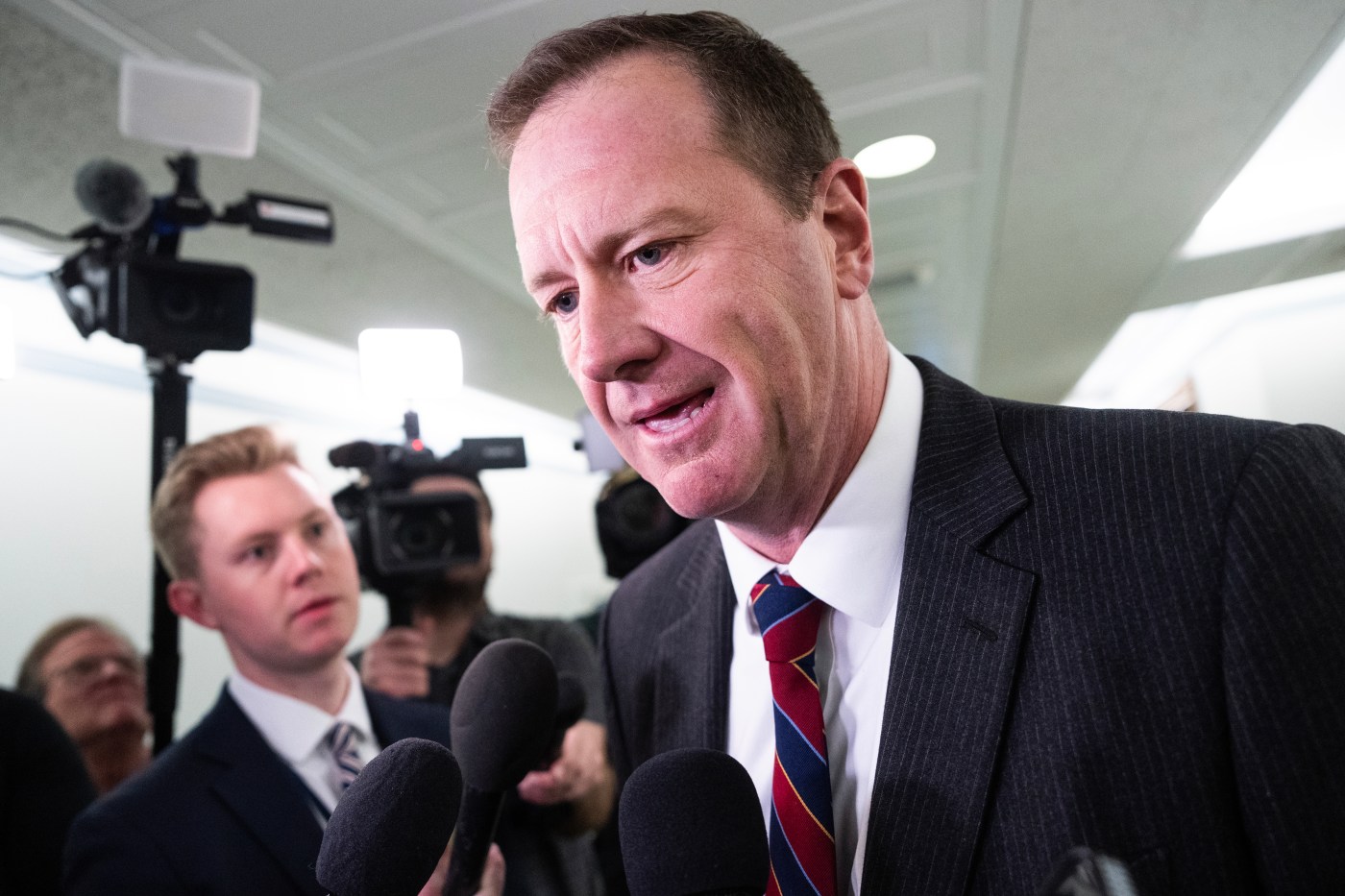

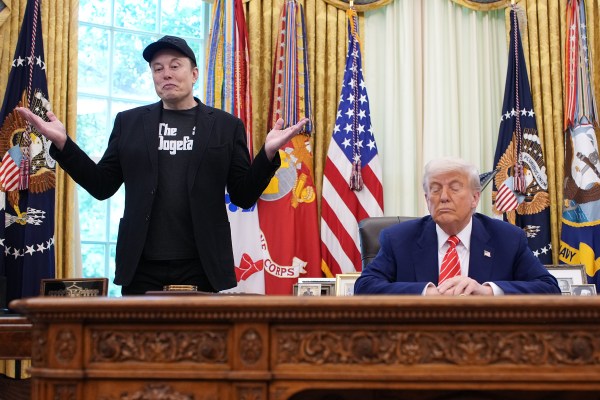
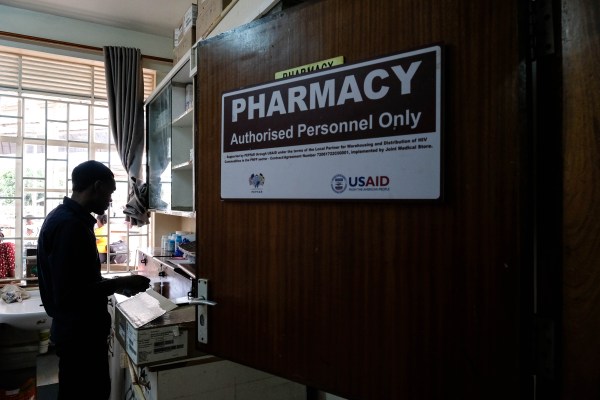
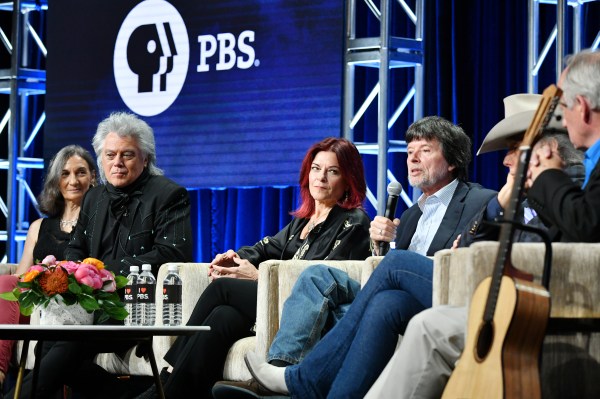

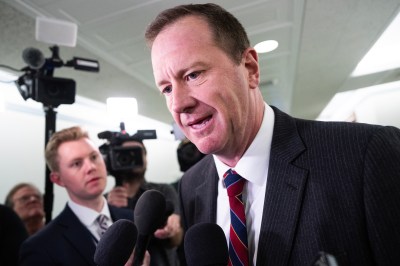
Please note that we at The Dispatch hold ourselves, our work, and our commenters to a higher standard than other places on the internet. We welcome comments that foster genuine debate or discussion—including comments critical of us or our work—but responses that include ad hominem attacks on fellow Dispatch members or are intended to stoke fear and anger may be moderated.
With your membership, you only have the ability to comment on The Morning Dispatch articles. Consider upgrading to join the conversation everywhere.